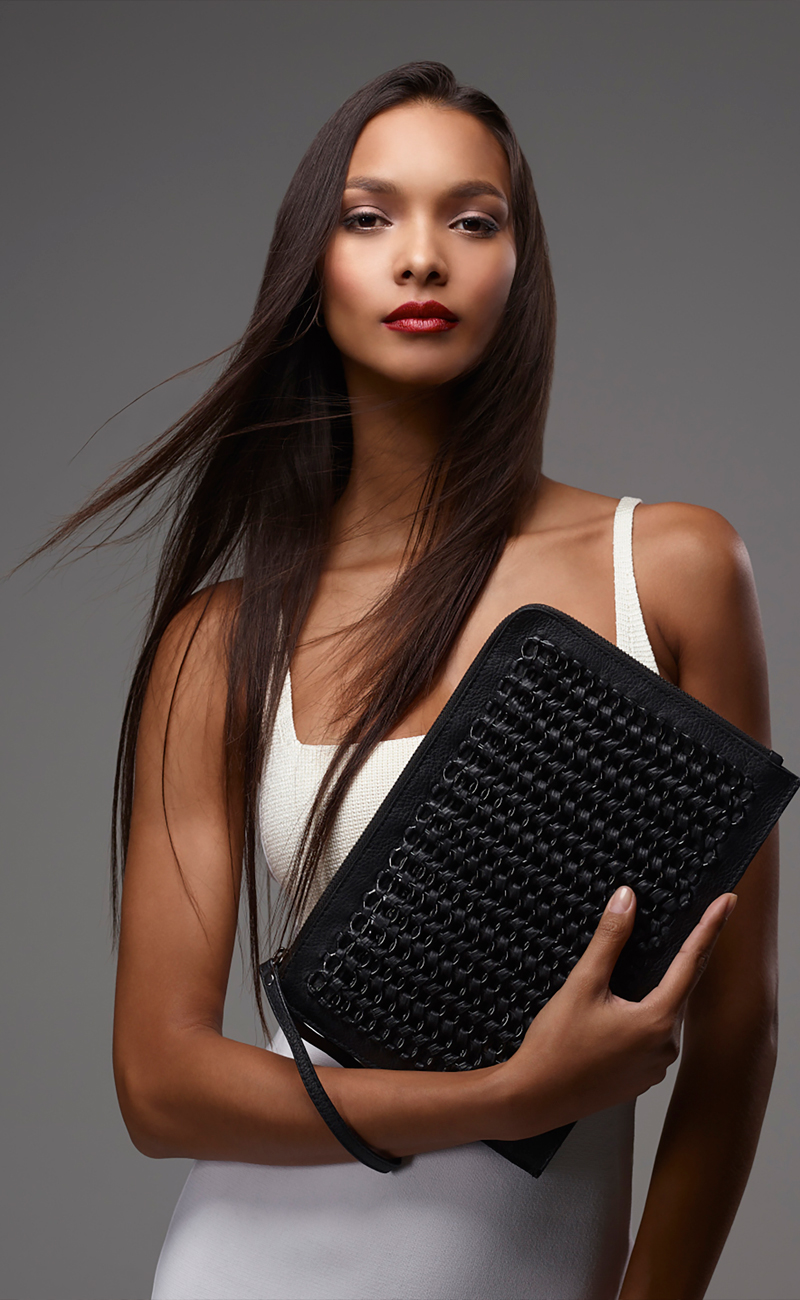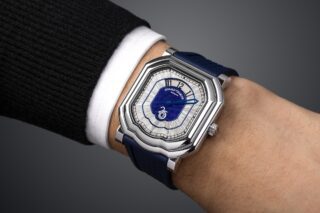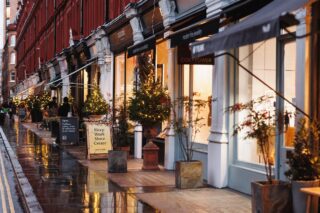This website uses cookies so that we can provide you with the best user experience possible. Cookie information is stored in your browser and performs functions such as recognising you when you return to our website and helping our team to understand which sections of the website you find most interesting and useful.
How Bottletop is transforming the world of sustainable fashion
By Rachel Ingram | 13 July 2018 | Style
Upcycling at its best, Bottletop’s sustainable accessories are making an impact in deserving communities – and on the catwalk
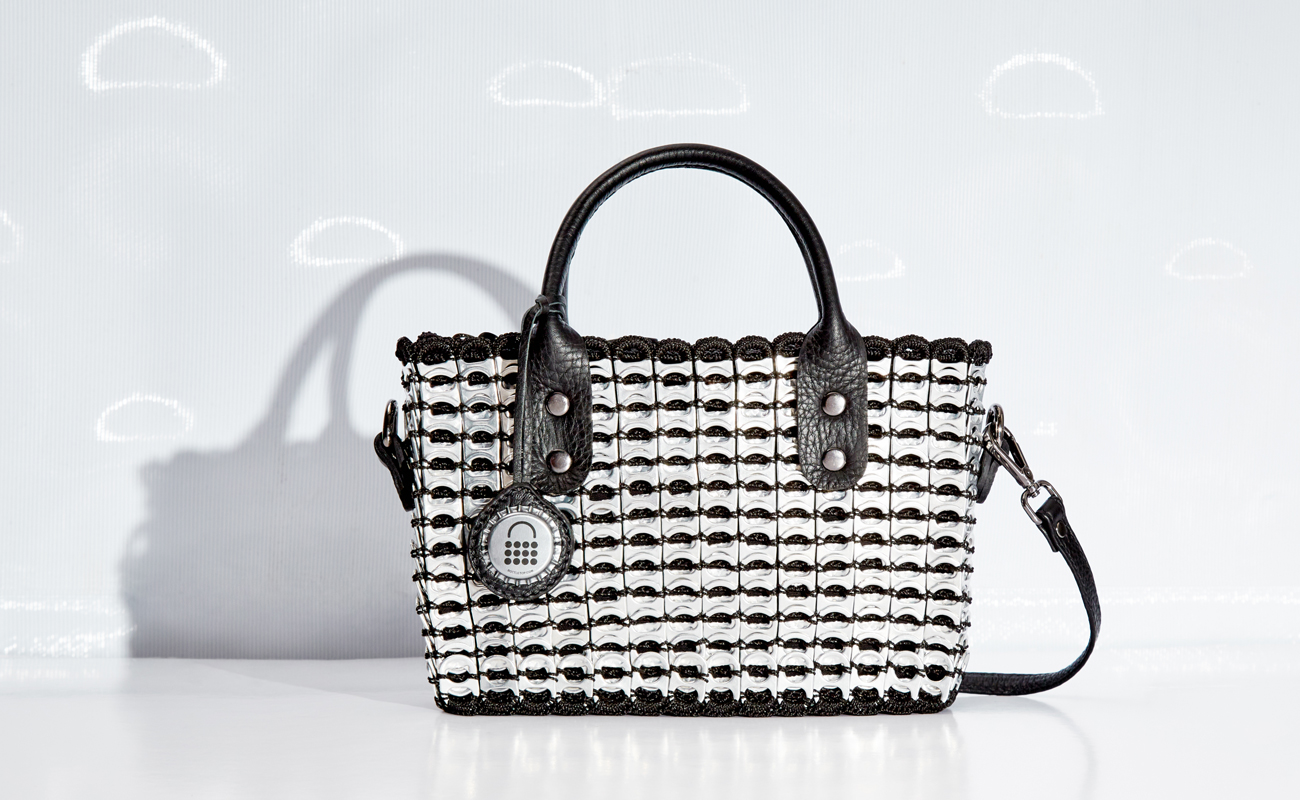
Nestled between the ritzy boutiques of luxury brands and multi-million-pound corporations that occupy much of London’s Regent Street lies Bottletop, a small store with a big heart. An NGO in its own right, Bottletop comprises a foundation, a manufactory and a fashion label specialising in creating sustainable accessories made from recycled materials collected by underprivileged communities in Brazil. The brainchild of Britons Oliver Wayman and Cameron Saul, Bottletop was launched in 2002 to the acclaim of the fashion – and the philanthropic – world. It all started with one bag, and one very effective charitable campaign for Mulberry. In 2002, Saul collaborated with the iconic British fashion house to create a bottle cap-studded bag, made by artisans in Africa. It became the best-selling bag for Mulberry that season.
A few months later, while travelling in Brazil, Saul’s business partner Wayman came across the art of pull ring crochet – a craft that originates from Salvador. Inspired by the intuition of the artisans, he worked with locals to create a capsule collection of bags as a fundraising initiative. Once again, feedback was incredible, so the partners decided to band together and create a full-scale fashion brand. “It’s the beauty of being out in some of these environments where necessity is the mother of all innovation. They have so many weird and wonderful different textiles and creative ways of using what’s around them, and in this case, we thought this is fantastic, let’s try and develop that with them and build a production process with the locals,” says Wayman.
“It was a very organic process. We didn’t set out to have a store on Regent Street. It almost fell into our arms because we knew that we had certain pillars that we wanted to adhere to – sustainability, poverty alleviation and making a positive social impact while ensuring that we can adhere to high quality, design and luxury.”
Related: These are the 5 most luxurious new summer texture trends
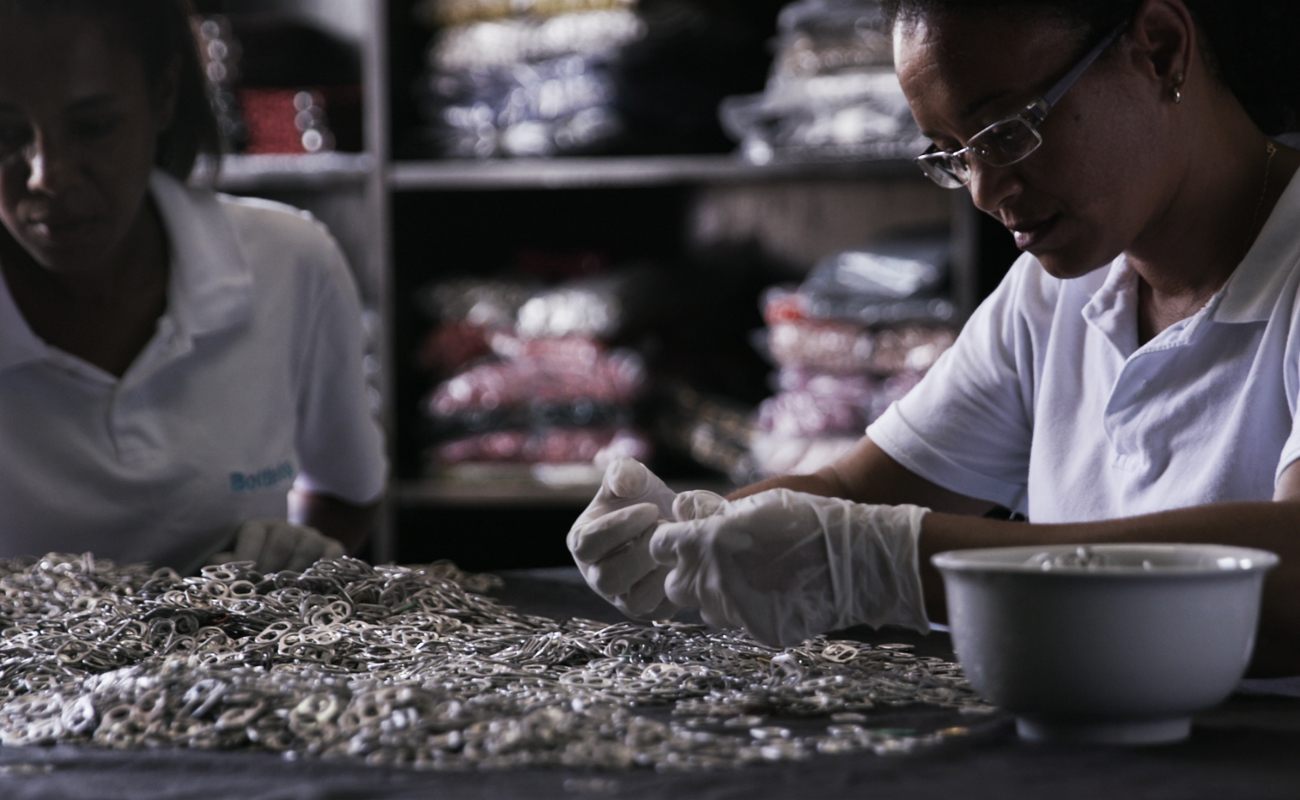
Pull rings are collected by a group of Brazilians known as ‘catadores’ who specialise in rescuing usable waste materials from the mountains of garbage taking over Brazil’s landscape in exchange for a fair wage. The rings are then polished, painted and turned into accessories. The entire production process, from prepping the materials to manufacture of the bags, is completed at an atelier in Salvador, overseen by a former favela resident who’s gone from selling drugs to tourists on the beach at 13 years old to project manager of the whole operation. His is just one of Bottletop’s inspiring success stories.
“It just shows that if you give people the right opportunities and the tools, they can really develop something which most people wouldn’t think was possible,” Wayman says. “Working in these environments doesn’t mean that you have to do token gesture projects because it’s for a good cause, the local artisans can really stand up for themselves in terms of quality and design. The collaborations we’ve done highlight that.” So far, Bottletop has created special collections with Narciso Rodriguez, who designed Michelle Obama’s inauguration dress, Donna Karan and DKNY. The label was also invited to create costumes for the 2016 Rio Olympics Opening Ceremony – and has since dressed eco-conscious celebrities such as Brazilian model and Victoria’s Secret Angel Lais Ribeiro, and musician and activist Annie Lennox.
The original Bottletop bags feature the brand’s distinctive pull ring mesh. As the label has diversified, its collection has expanded to include clutches, purses, shoulder bags and bracelets. It’s also experimented with new sustainable materials to organic cotton canvas beach bags and, most recently, rucksacks made from zero deforestation leather – certified leather that’s been sustainably and ecologically-sourced from the Amazon.
Read the full feature in our new design issue, out now
